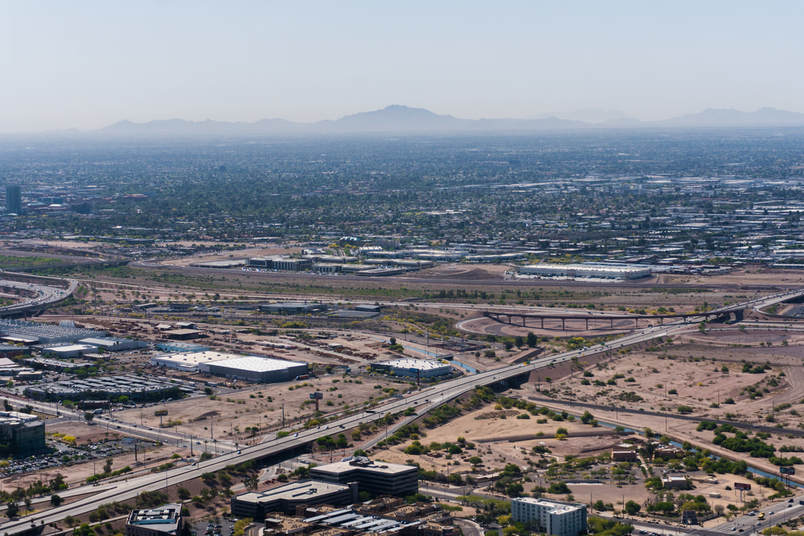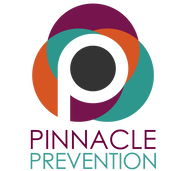|
Though we traditionally view health as the result of individual choices, there are many factors outside of our control that influence these choices without us always being aware. Where you live plays a vital role in your health. Depending on your location, living a healthy lifestyle may be easy, or it may be more difficult. You are more likely to be active if you have the means to do so, as easy access to parks, trails, bike lanes, and safe pedestrian walkways increases activity. Living within half a mile of parks and trails improves the health of both children and adults, and they are also more likely to spend time at these places. They are also more likely to walk or bike to the parks and trails. Walkability and bikeability are extremely important. Communities with safe places to walk and bike not only encourage healthy behavior, but the diversity in transportation options also benefits the environment. Less pollution from cars can also improve public health. Food insecurity, or the lack of access to nutritious food, affects 15.8 percent of Arizonans, and 24 percent of Arizona children. Maintaining a nutritious diet is especially difficult for residents who live in what some refer to as “food deserts.” The USDA defines a food desert as an area in which a significant number of residents have limited access to affordable and nutritious food. These are typically low-income areas that are more than a mile away from a grocery store or supermarket. Proximity to supermarkets matters because low-income residents are also likely to suffer from limited mobility, making trips to the grocery store more difficult. Many of these families may instead rely on local corner stores or fast-food restaurants that offer fewer nutritious food options. With all of this information in mind, the Arizona Partnership for Healthy Communities recently measured community health by zip code. Research used in their report found that “our zip code is more important to our health than our genetic code.” The report factored in transportation, housing and neighborhoods, health care, demographics and socioeconomics when determining which zip codes were healthiest. Each Arizona zip code was ranked from 0 to 100 (0 meaning the zip code needs very little assistance improving public health, and 100 meaning the zip code needs a lot of assistance). The zip codes that need the least amount of assistance are 85284, 85048, 85250, and 85377. These zip codes belong to the cities of Tempe, Scottsdale, Paradise Valley, Phoenix and Carefree. Many of these areas have ample green space, access to grocery stores and farmers markets, and are relatively walkable. 85941, 85542, 85530 are the zip codes that need the most attention. These zip codes fall in the cities of Whiteriver, Peridot, and Bylas. All of these cities are car-dependent and have many people who live in food deserts. This year, the Arizona Partnership for Healthy Communities also launched a series of reports examining how factors outside of health care impact health. Click here to check out the “Place Matters” series. One way to help foster healthy, safe communities is to promote legislation that supports public spaces, makes our streets safer, and increases access to healthy food. Read this blog to learn more about legislation from this past session that aims to make our communities healthier and happier.
0 Comments
Leave a Reply. |
Pinnacle Prevention BlogFollow our blog for tips, insights and conversations about healthy living. Archives
June 2024
Categories
All
|
Location |
|


